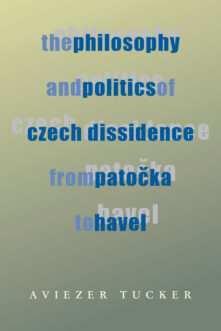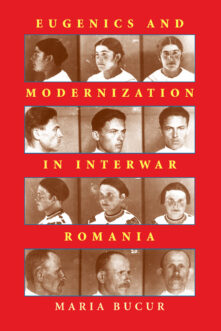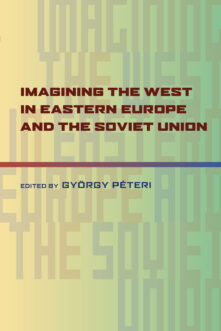Books
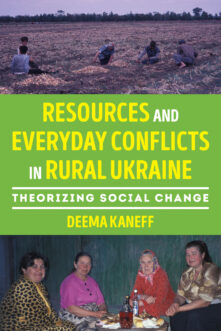
Resources and Everyday Conflicts in Rural Ukraine
Theorizing Social Change
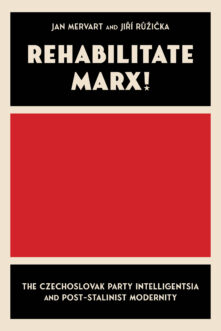
Rehabilitate Marx!
The Czechoslovak Party Intelligentsia and Post-Stalinist Modernity
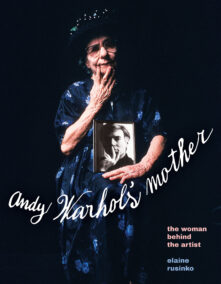
Andy Warhol’s Mother
The Woman Behind the Artist
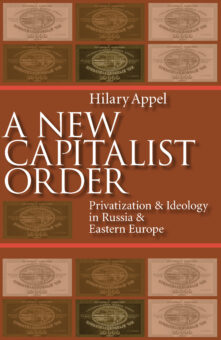
A New Capitalist Order
Privatization And Ideology In Russia And Eastern Europe
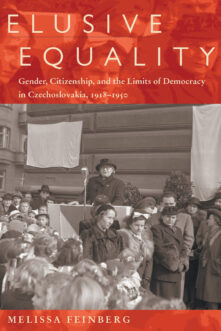
Elusive Equality
Gender, Citizenship, and the Limits of Democracy in Czechoslovokia, 1918-1950
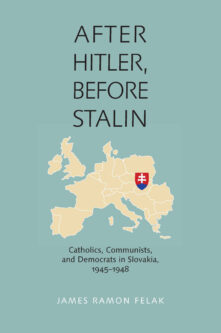
After Hitler, Before Stalin
Catholics, Communists, and Democrats in Slovakia, 1945–1948
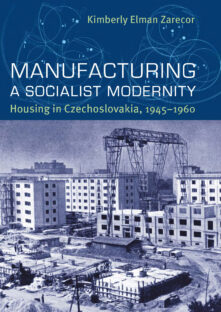
Manufacturing a Socialist Modernity
Housing in Czechoslovakia, 1945-1960
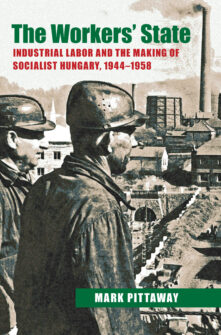
The Workers’ State
Industrial Labor and the Making of Socialist Hungary, 1944–1958
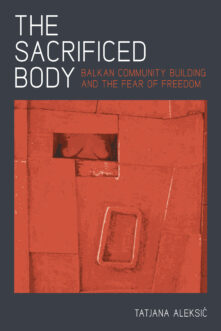
The Sacrificed Body
Balkan Community Building and the Fear of Freedom
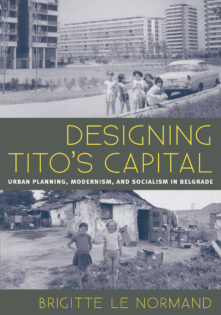
Designing Tito’s Capital
Urban Planning, Modernism, and Socialism in Belgrade
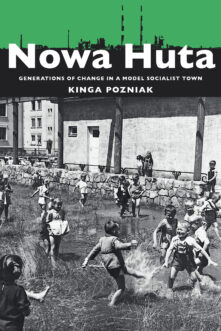
Nowa Huta
Generations of Change in a Model Socialist Town
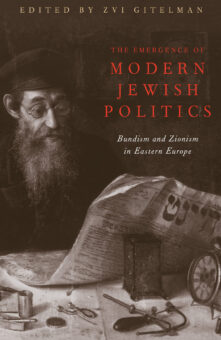
The Emergence Of Modern Jewish Politics
Bundism And Zionism In Eastern Europe
Total 32 results found.


